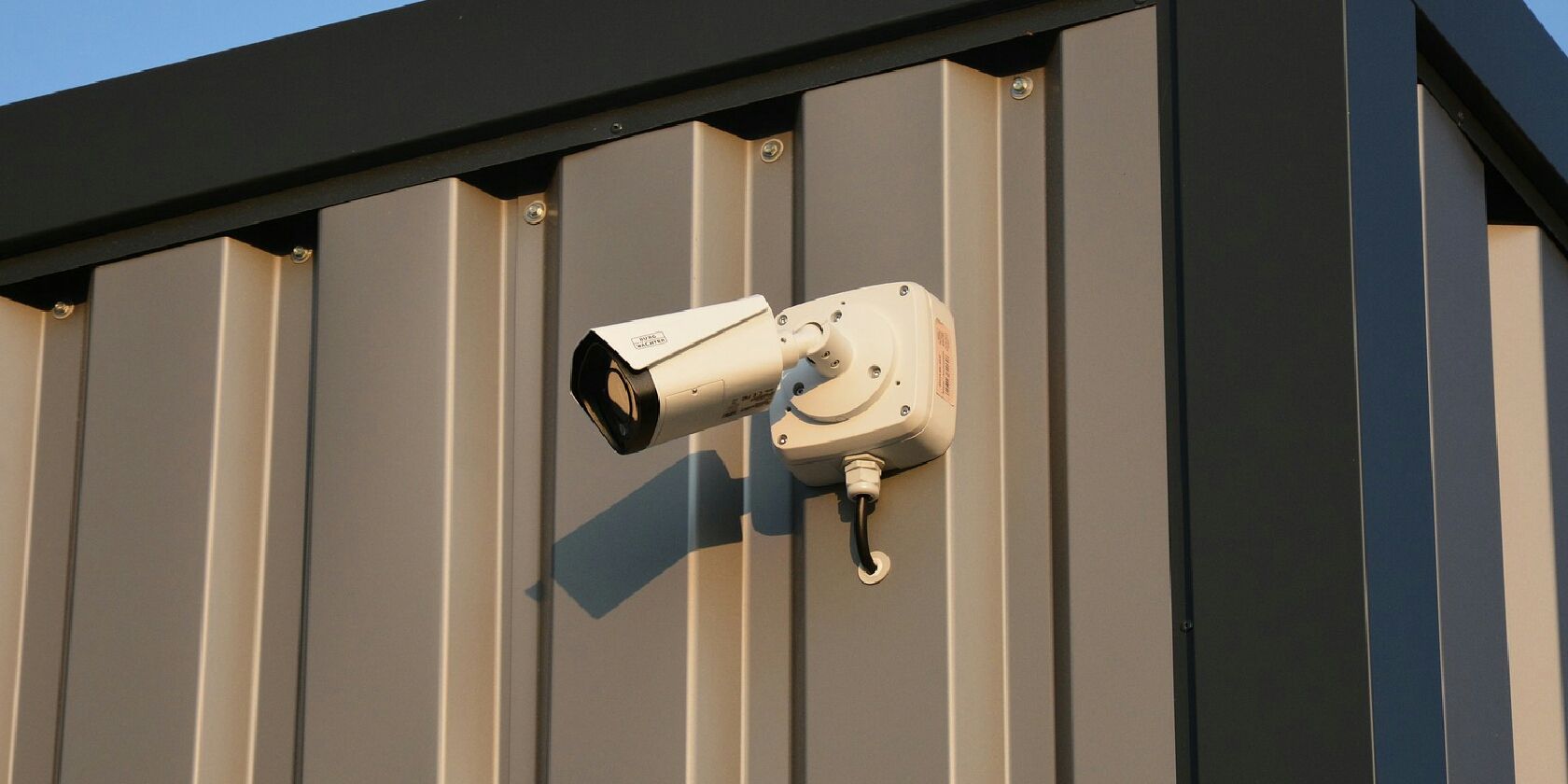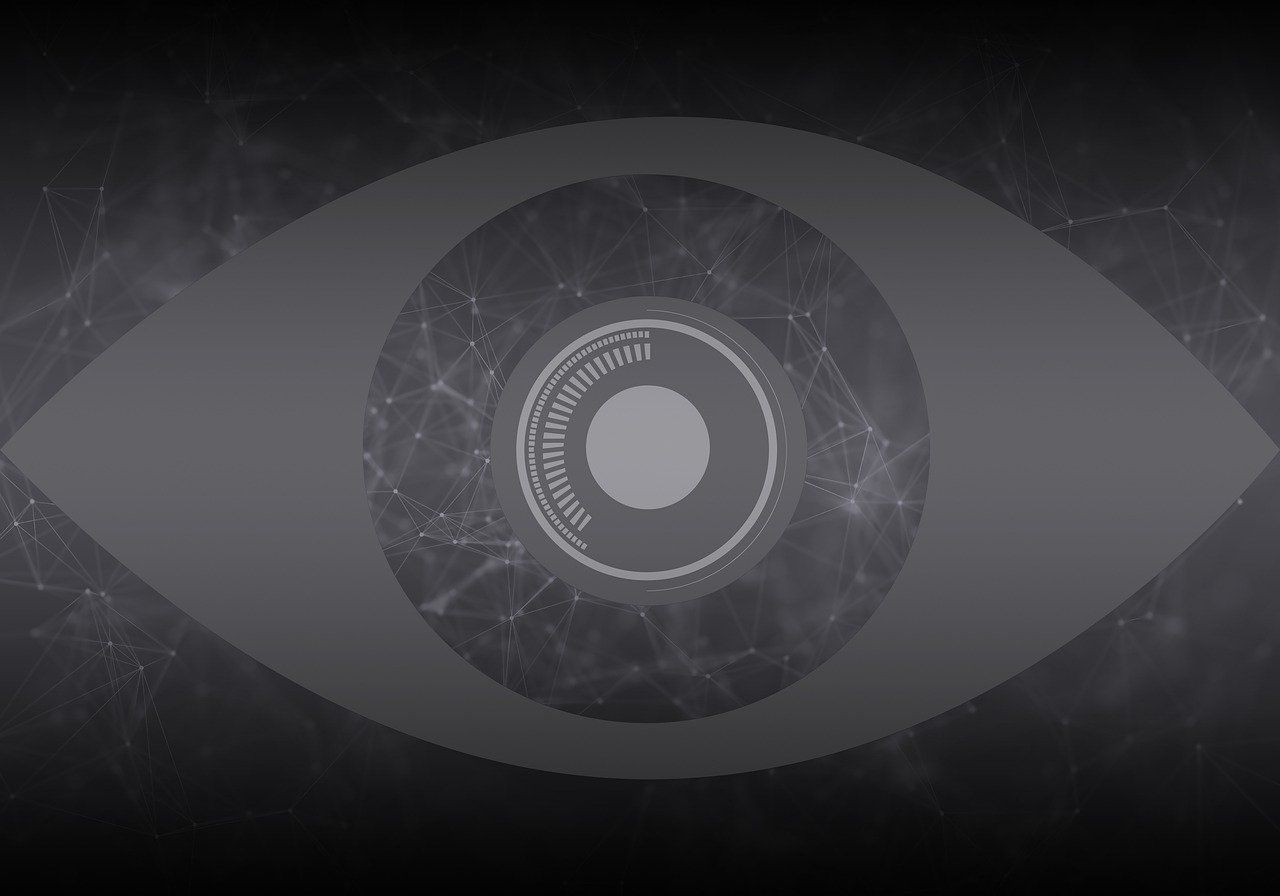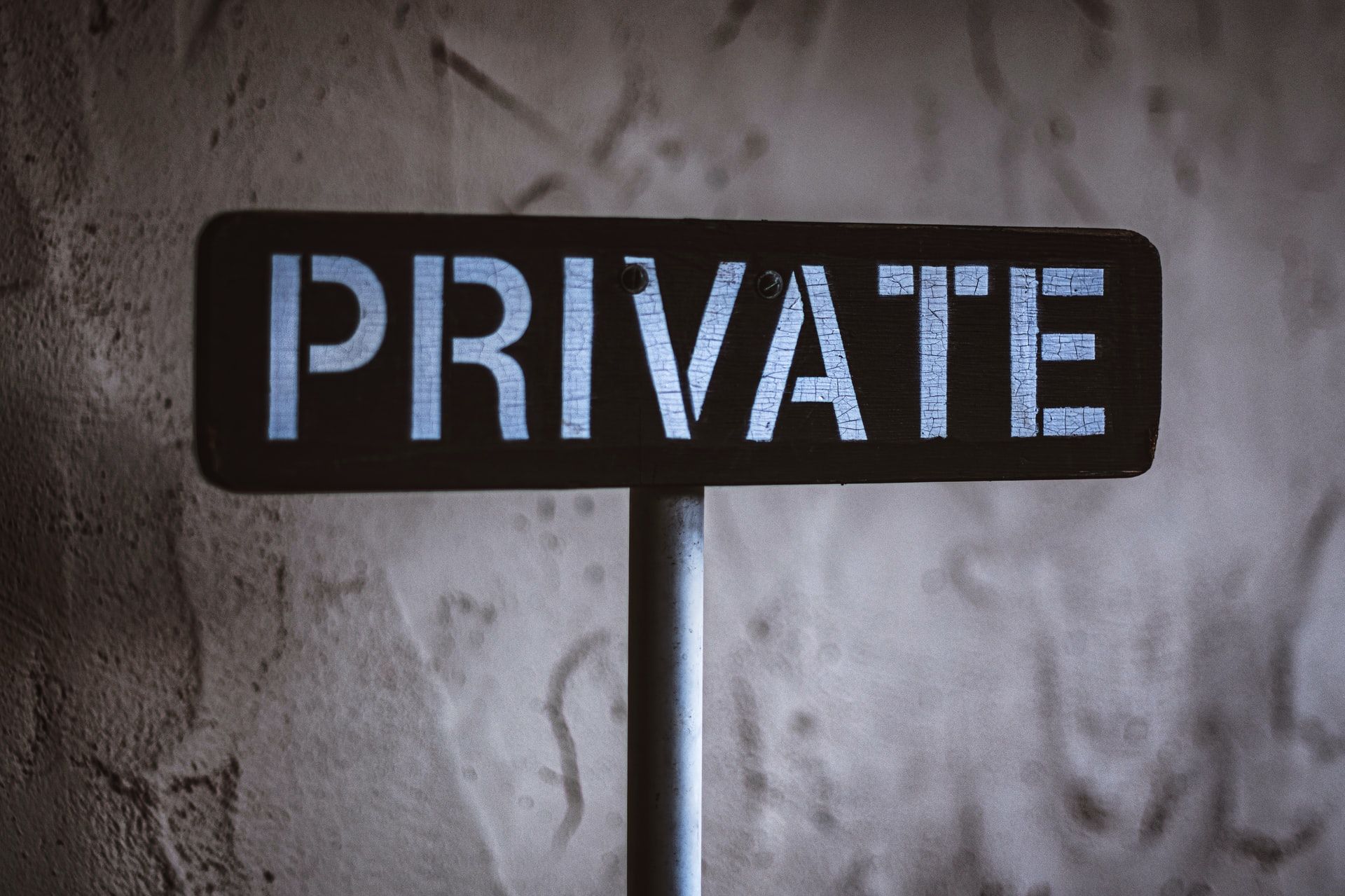One of the most interesting features of the internet is the ability to use it without revealing your identity.
This ability isn't always utilized, but with the right VPN and browser extensions, it's easy to be completely anonymous.
Not everybody is happy about this fact. Some people argue that the internet would be a better place if everything that we did online was tied to our identity. There are calls for social media, for example, to be more transparent, in an understandable effort to end online bullying and trolling from anonymous accounts.
So what exactly would the consequences be if anonymous use of the internet became impossible?
What Are the Arguments Against Online Anonymity?
There are many legitimate downsides to people being able to use the internet anonymously.
Online Harassment
Pseudonyms are a useful tool for online harassment. Harassment is defined as aggressive pressure or intimidation.
In real life, harassment is a serious legal offense. When it happens online, the perpetrators are very rarely prosecuted. It's also difficult to stop them.
This often allows online harassment campaigns to carry on for long periods of time without consequence.
Racism
The internet is used to spread hate speech for the same reason. It allows people to say almost anything without consequence.
If the only thing stopping a person sharing racist viewpoints is the potential damage to their reputation, they will often happily share such ideas online.
This makes racism (or indeed any type of xenophobia) common in many online communities and even allows communities to be created specifically for such viewpoints.
False Information
Some people post false information online using their real identity. But pseudonyms make the process easier and more effective.
If a platform doesn't require identity verification, it's possible for one entity to create multiple accounts. This allows organisations to use bots which spread false information automatically. Bots are often used to make it appear that many people hold the same false opinion.
Pseudonyms also mean that when one identity is caught spreading false information, the person responsible can simply create a new account.
Cybercrime
The anonymous nature of the internet is highly convenient for cybercriminals. If anonymity were outlawed, cybercrime would still exist because criminals would simply ignore the new laws.
Cybercrime would, however, become significantly harder to perpetrate. This would likely cause a reduction in the number of its victims. It would also make many existing methods impossible.
What Would Happen if Anonymity Were Removed From the Internet?
The problems with anonymous internet access are undeniable. But it's also difficult to deny its importance. If it went away tomorrow, there would be serious consequences.
People Would Lose Free Speech
Free speech is often taken for granted in the United States but it is non-existent in many parts of the world. The people who live in these countries often rely on the internet to speak openly.
If anonymity ended, many opinions would be hidden for fear of legal repercussions. This is not only problematic for the people who would be prevented from talking; it would be harmful for human rights as a whole.
In regions of the world without free speech, human rights abuses are often commonplace. Without the anonymous nature of the internet, it would be much easier for this to go unnoticed.
Some Whistleblowers Would Not Speak Out
The anonymous nature of the internet is often used by whistleblowers. It typically allows individuals who learn of important confidential information to talk about it without consequence to themselves.
A whistleblower often only speaks up on the condition of anonymity. It's therefore likely that if online anonymity didn't exist, many would be prevented from speaking in the future.
Marginalized People Would Lose Out
The anonymous nature of the internet is often used by minorities to talk openly without fear of persecution.
It is used by LGBTQ+ people, ethnic minorities, and religious minorities to discuss their lives without attracting unwanted attention. It is also used by people with niche interests who want to discuss specific topics without facing ridicule.
Many of these conversations would not take place without anonymity.
Many Opinions Would Not Be Shared
Online anonymity allows people to share opinions which, while not illegal, may still pose risks to those who share them.
For example, pseudonyms are often used by those who want to share negative opinions about their employer and/or workplace. They are also often used to make statements which go against commonly held beliefs. This allows people to both vent and question the status quo.
Provided such opinions do not incite violence, this is a positive part of the internet as it encourages discourse.
Questions Would Not Be Asked
Pseudonyms are often used to ask questions that people would not ask if they were required to use their real names. This allows people to obtain information on difficult subjects and make better decisions in difficult situations.
The advice that people seek anonymously includes everything from domestic violence to drug abuse. If anonymity were removed, many already isolated people would become significantly more so.
Real Life Harassment Would Increase
Online anonymity causes an increase in harassment. But if the victim is also anonymous, this reduces its potential to cause harm.
If everybody were required to use their real names, any argument that occurs online could continue into real life. Anyone who wishes to cause harm to those that they interact with online would have significantly more options available to them.
Personal Privacy Would Be Eroded
Personal information has never been more valuable. Companies are also collecting more information than ever. If anonymity were removed from the internet, it wouldn't be possible for people to opt out by using pseudonyms.
This means that any platform that you use would be able to demand your personal information. This is particularly problematic when you consider the fact many services have proven themselves to be incapable of protecting private information.
Should Online Anonymity Be Outlawed?
The people asking for an end to online anonymity aren't going anywhere. While the importance of anonymity as a tool is undeniable, there's also no denying that it comes at a massive cost.
Some people use pseudonyms to say things that they shouldn't and innocent individuals are harmed as a result. Unfortunately, if the alternative is large portions of the population being effectively censored, it's arguably a price worth paying.




